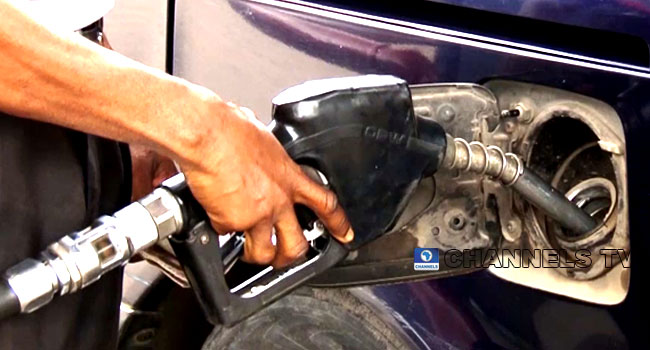The unintended consequences of Nigeria’s fuel subsidy withdrawal are being felt in Cameroon, particularly in the beleaguered Anglophone region. After an explosion damaged Cameroon’s only petroleum refinery in 2019, the government allowed licensed agents to import and market refined petroleum products, which were subsidized to mitigate inflation. However, with the refinery still not restored by 2023, fuel prices were increased, affecting communities near the Nigerian border that relied on cheap smuggled fuel.
Nigeria’s decision to end fuel subsidies had a significant impact on Cameroon, leading to a sharp increase in the price of Nigerian fuel, which had been a lifeline for many Cameroonians, especially those involved in the motorbike taxi business. The price hike has caused difficulties for riders, drivers, and traders, who struggle to make profits and face higher costs. The situation is particularly dire in border towns like Idenau, where residents are dependent on Nigerian fuel, but there are no filling stations.
The Cameroon government has not disclosed when the refinery reconstruction will begin, exacerbating the fuel crisis. The increase in fuel prices might work in the government’s favor as vehicle owners are expected to buy from licensed petrol stations that pay taxes. However, this solution does not consider towns like Idenau, where petrol stations are absent, leaving residents with limited options.
Experts suggest that Nigeria’s fuel subsidies might not be entirely eliminated, and the government could establish filling stations in border towns under the Tradex scheme. Additionally, Cameroon must invest in refining its own crude oil to reduce dependency on imported petroleum products and alleviate financial burdens from subsidies.
In light of the current crisis, the government must prioritize the reconstruction of its refinery and take measures to reduce fuel prices for the benefit of its citizens, considering Cameroon’s oil-producing status with significant reserves. With over 50% of the population living below the poverty line, addressing the fuel crisis is crucial for the country’s economic stability and the well-being of its 28 million inhabitants.









